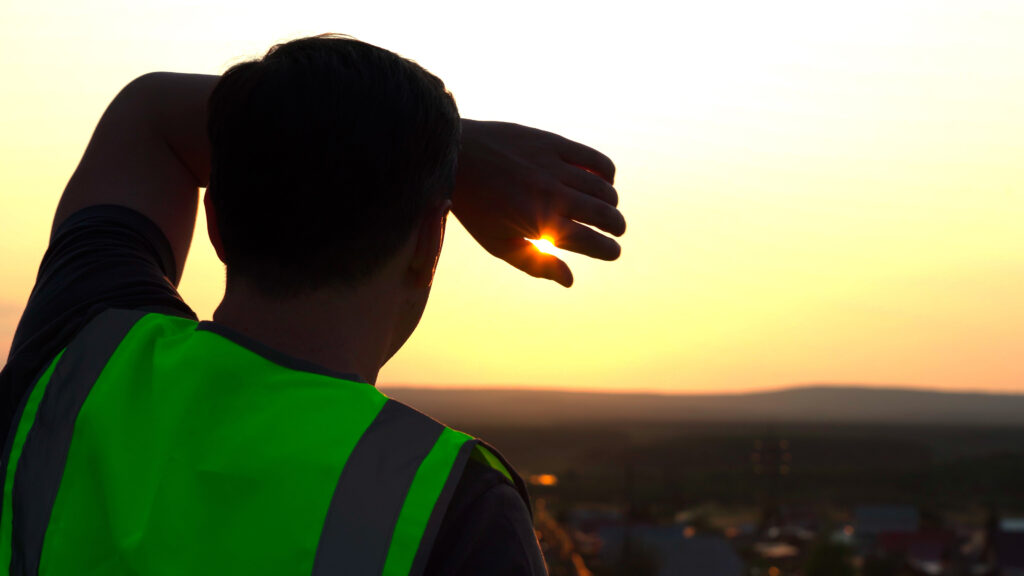By Emma Aagaard, genCLEO
As a recent graduate of the University of Central Florida and an organizer for genCLEO, the youth advocacy arm of the CLEO Institute, I am deeply concerned about the detrimental impact of HB 433, which has now passed the Florida Legislature and is awaiting the governor’s signature.
Born and raised in central Florida, I’ve witnessed firsthand the relentless heat that plagues our state, and I’ve heard countless stories of individuals, like my own family members, who have suffered due to inadequate protections against extreme heat.
With HB 433 in effect, local governments would be prohibited from enacting heat exposure requirements for employers and contractors, effectively stripping away crucial safeguards for outdoor workers. This decision disregards the urgent need for protections against heat-related illnesses and deaths, especially considering the absence of federal or state regulations addressing this issue.

Proponents of HB 433 argued that we should wait for the Occupational Safety and Health Administration to finalize its regulations on heat exposure before implementing any state or local laws. However, OSHA’s rulemaking process is not set to conclude until 2028. We cannot afford to wait four more years while temperatures continue to shatter records and workers suffer under increasingly hazardous conditions.
It’s crucial to recognize that extreme weather events, including heat waves, are becoming more frequent and severe due to climate change. Florida is no stranger to these challenges, and our outdoor workers are on the front lines, enduring sweltering temperatures that put their health and lives at risk.
Moreover, the impacts of climate change disproportionately affect low-income communities, amplifying existing social inequalities. Lack of access to affordable and climate-resilient housing further compounds the vulnerability of these populations to heat-related hazards. As advocates for climate justice, we must prioritize inclusive solutions that address poverty and reduce the inequality gap.
Corporate responsibility also comes into play here. Greed-driven practices have contributed to environmental degradation, exacerbating the effects of climate change. It’s time for businesses to prioritize sustainability and invest in measures to protect their workers from extreme heat.

My own family’s experiences serve as a reminder of the urgent need for heat exposure protections. Generations of my family have worked in the construction industry in Florida, enduring grueling conditions without adequate safeguards. I grew up hearing stories of my father and grandfather pouring concrete in the heat without proper shade and experiencing symptoms of heat stroke as a result.
Outdoor workers like my grandfather are the backbone of the tourism industry in this state. Stories like these are all too common in Florida, and they highlight the need for immediate action to ensure the safety of our outdoor workers.
The passage of HB 433 is a step in the wrong direction. We cannot afford to wait for federal regulations that may be years away. Local governments must have the authority to implement heat exposure requirements that reflect the unique challenges faced by their communities. Let’s stand together in the fight against climate change and ensure a future where all Floridians can work and thrive safely.
There is still time to stop this harmful legislation. Call, email or write to Gov. Ron DeSantis’ office today to tell him to veto HB 433 to protect local workers and economies.
Emma Aagaard is a recent graduate of the University of Central Florida and an organizer for genCLEO, the youth advocacy arm of the CLEO Institute.
If you are interested in submitting an opinion piece to The Invading Sea, email Editor Nathan Crabbe at ncrabbe@fau.edu. Sign up for The Invading Sea newsletter by visiting here.



